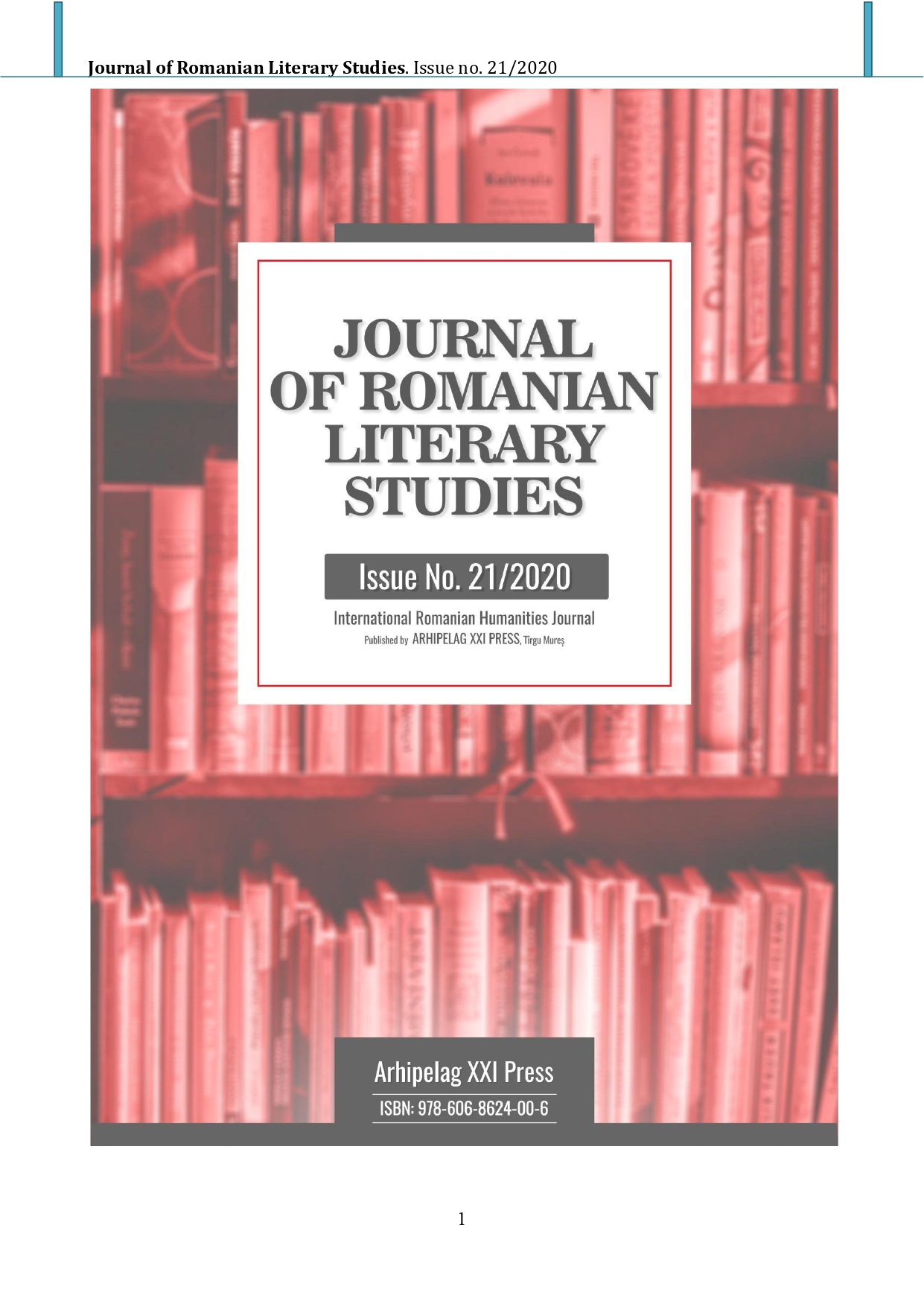FACTORS INFLUENCING THE EDUCATIONAL PERFORMANCE OF STUDENTS FROM DISADVANTAGED BACKGROUNDS
FACTORS INFLUENCING THE EDUCATIONAL PERFORMANCE OF STUDENTS FROM DISADVANTAGED BACKGROUNDS
Author(s): Mirabela MurgSubject(s): School education, Vocational Education, Inclusive Education / Inclusion, Sociology of Education, Pedagogy
Published by: Editura Arhipelag XXI
Keywords: socio-economic status; family environment; social exclusion; school failure; disadvantaged children;
Summary/Abstract: The link between social and family disadvantage and school failure has been studied and is the subject of studies and research, both theoretically and empirically. Beyond the variety of views expressed, in the literature there is a broad consensus that the family environment - in addition to the school environment and individual characteristics of students - is one of the three key factors associated with school failure. In the sociology of education, school failure is often defined by reference to school success. Several scientific studies show that certain variables related to the family environment are very important when analysing situations of school failure. Studies also show that the socio-economic status of the family, measured by the level of education of parents, their occupation and income, has a significant influence on school results. Between social exclusion and poor educational success are the factors associated with school failure: precarious household economic conditions; lack of mother in the household; jobs, living space, residence in rural areas, parents with a low level of education; young parents; parents farmers or self-employed, the high number of family members, the presence of at least one child under 5 years of age etc. The factors that most influence school performance and success are related to the social, economic and cultural situation of the family, the value orientation offered within the family also having a significant role in influencing the educational trajectories of children.
Journal: Journal of Romanian Literary Studies
- Issue Year: 2020
- Issue No: 21
- Page Range: 608-612
- Page Count: 5
- Language: Romanian

